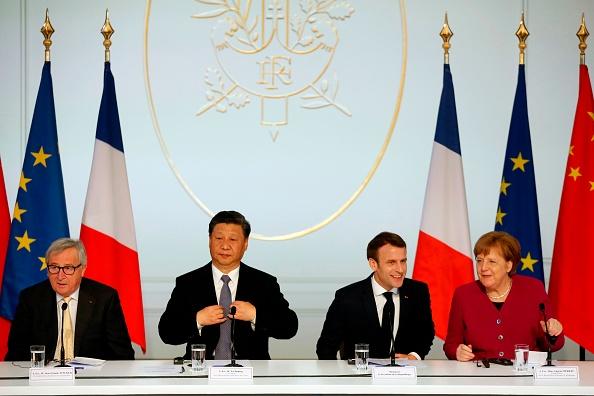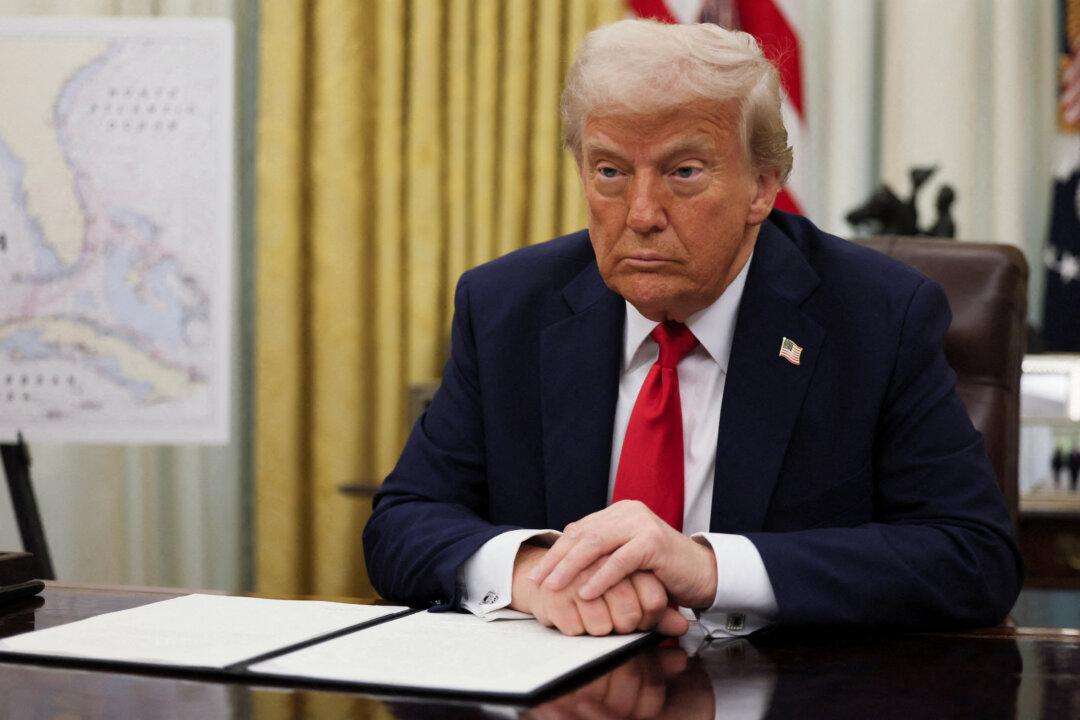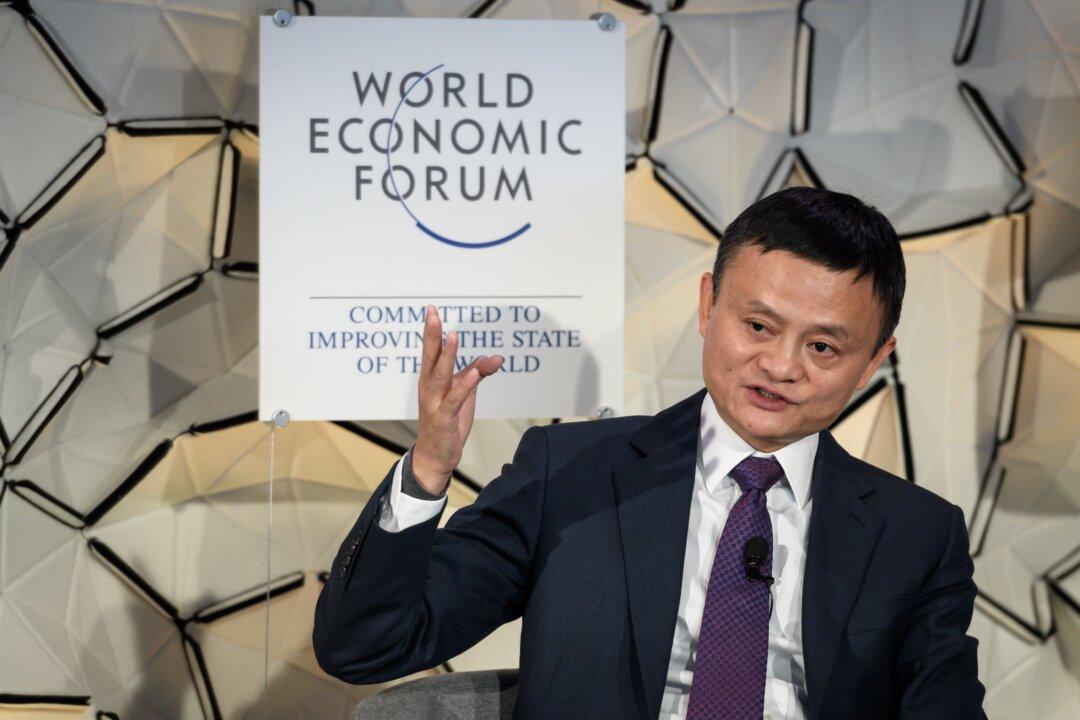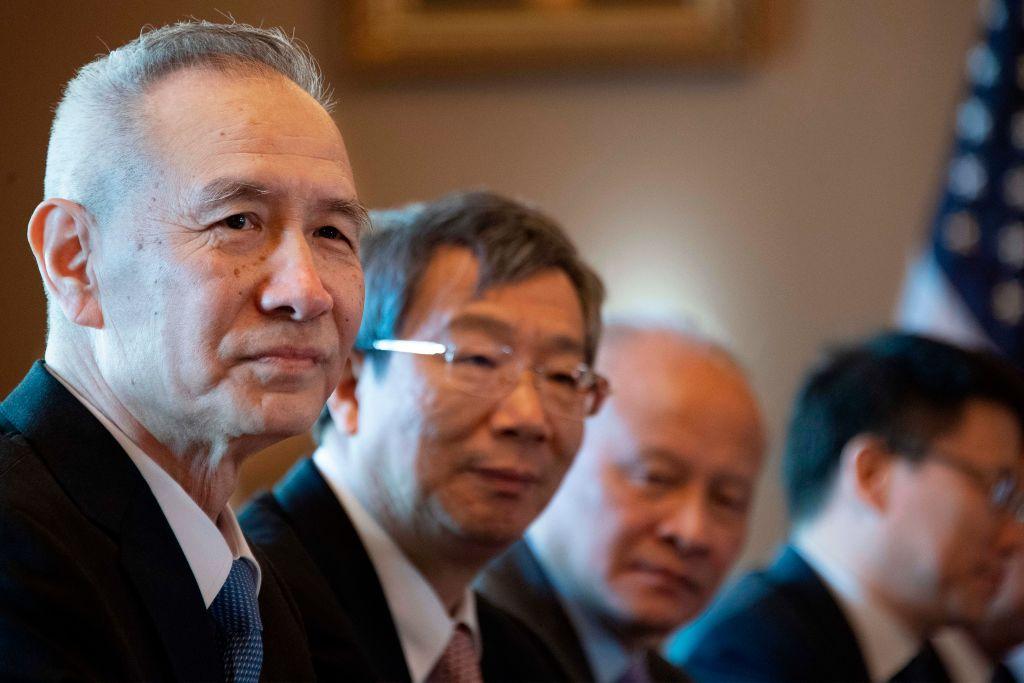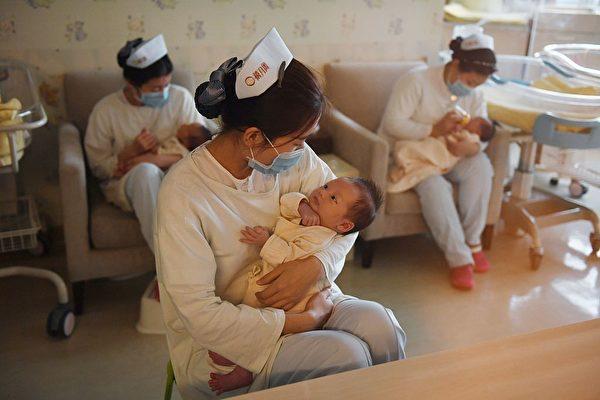Commentary
Xi Jinping held a video summit with French President Emmanuel Macron and German Chancellor Angela Merkel on July 5. Chinese official media focused on the EU-China investment agreement and claimed that Macron and Merkel are in favor of ratifying the deal, but such support wasn’t mentioned in the statements issued by France and Germany. However, the real highlight of this event is that Xi did not deliver a belligerent speech and seemed more subdued. Perhaps he realized that Sino-European relations have deteriorated.
